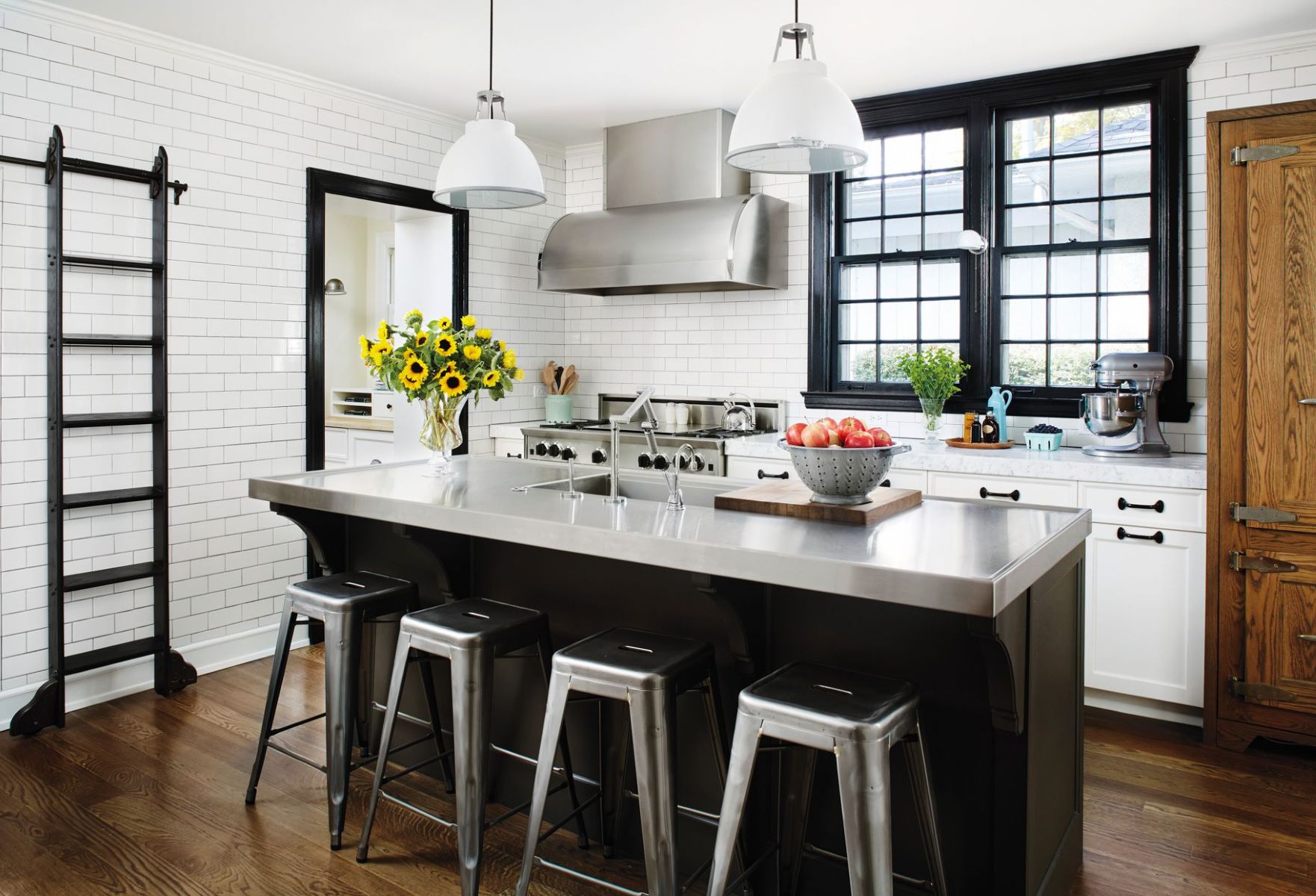

Articles
How Much Are Stainless Steel Countertops
Modified: August 28, 2024
Looking for articles on how much stainless steel countertops cost? Find out different pricing options and factors to consider in this comprehensive guide.
(Many of the links in this article redirect to a specific reviewed product. Your purchase of these products through affiliate links helps to generate commission for Storables.com, at no extra cost. Learn more)
Introduction
Stainless steel countertops have gained popularity in recent years due to their sleek aesthetics, durability, and hygienic properties. These countertops are a common choice for both residential and commercial kitchens, as they offer a modern and professional look that complements various design styles.
In this article, we will explore the pros and cons of stainless steel countertops, factors that affect their cost, average pricing, and a comparison with other countertop materials. We will also discuss the options of DIY installation versus hiring a professional and provide maintenance tips to keep your stainless steel countertops looking their best.
Whether you are considering a kitchen remodel or simply looking to upgrade your countertops, this comprehensive guide will help you make an informed decision about whether stainless steel countertops are the right choice for your space and budget.
Key Takeaways:
- Stainless steel countertops offer durability, hygiene, and a sleek aesthetic, making them a top choice for kitchens. Despite potential drawbacks, their longevity and resistance to damage make them a worthwhile investment.
- When considering stainless steel countertops, factor in material grade, customization, and installation method to make an informed decision. Proper maintenance and cleaning are essential to preserve their polished appearance and durability.
Read more: How To Clean Stainless Steel Silverware
Pros of Stainless Steel Countertops
Stainless steel countertops offer a range of advantages that make them a popular choice for homeowners and professionals alike. Here are some of the key benefits:
- Durability: Stainless steel is highly durable and resistant to heat, stains, and water damage. It is virtually impervious to scratches and dents, making it an excellent choice for high-traffic areas such as kitchens.
- Hygienic: One of the main selling points of stainless steel countertops is their hygienic properties. The smooth and non-porous surface of stainless steel makes it easy to clean and maintain. It is resistant to bacteria, mold, and mildew, making it a safe and sanitary option for food preparation areas.
- Sleek and Modern: Stainless steel exudes a sleek and modern aesthetic that adds a touch of sophistication to any kitchen. It seamlessly blends with various design styles, including contemporary, industrial, and minimalist.
- Chemical Resistance: Stainless steel is resistant to chemical agents, making it suitable for use in laboratory and medical settings. It can withstand exposure to acids, alkalis, and cleaning agents without corroding or discoloring.
- Customizable: Stainless steel countertops can be customized to fit any kitchen layout or design preference. They can be fabricated to include integrated sinks, backsplashes, and other accessories, providing a seamless and cohesive look.
- Longevity: With proper care and maintenance, stainless steel countertops can last a lifetime. They do not fade or degrade over time and can withstand the rigors of daily use without losing their luster.
Overall, stainless steel countertops offer a combination of durability, hygiene, and aesthetic appeal, making them an excellent choice for homeowners and professionals who value both functionality and style in their kitchen spaces.
Cons of Stainless Steel Countertops
While stainless steel countertops bring numerous benefits, it is important to consider the potential drawbacks before making a decision. Here are some of the key cons to be aware of:
- Visible fingerprints and smudges: One of the most common complaints about stainless steel countertops is that they easily show fingerprints, smudges, and watermarks. Regular cleaning and wiping are necessary to maintain their polished appearance.
- Prone to scratching: Although stainless steel is resistant to scratches, it is not scratch-proof. Fine scratches can appear over time due to normal wear and tear, which can be more noticeable on a shiny surface.
- Noisy: The metallic surface of stainless steel can amplify sound, causing it to be noisy when items are placed directly on the countertop or when using kitchen appliances.
- Cold to the touch: Stainless steel has heat-conducting properties, which means it can feel cold to the touch. This can be uncomfortable for those who prefer warmer surfaces.
- Potential for denting: Although stainless steel is generally dent-resistant, it is not completely immune to dents. Heavy impact or dropping heavy objects onto the countertop can cause dents and dings.
- Visible scratches: Over time, stainless steel countertops may develop visible scratches due to everyday use. While some may argue that these scratches add character, others may prefer a pristine and flawless appearance.
- Higher upfront cost: Stainless steel countertops tend to have a higher upfront cost compared to other materials such as laminate or tile. However, considering their longevity and durability, they can be a worthwhile investment in the long run.
Despite these drawbacks, many people find the benefits of stainless steel countertops outweigh the cons. By weighing these factors against your specific needs and preferences, you can make an informed decision about whether stainless steel countertops are the right choice for your kitchen.
Factors Affecting the Cost of Stainless Steel Countertops
When it comes to the cost of stainless steel countertops, several factors can influence the final price. Understanding these factors can help you determine a budget and make an informed decision. Here are the key factors that affect the cost:
- Material Grade: Stainless steel countertops come in different grades, ranging from 304 to 316. The higher the grade, the higher the cost. Grade 304 stainless steel is commonly used for residential countertops due to its durability and resistance to corrosion.
- Thickness: The thickness of the stainless steel sheet will impact the cost. Thicker sheets are more expensive but offer greater durability and resistance to dents and dings.
- Customization: If you require customizations such as integrated sinks, backsplashes, or unique shapes and sizes, expect the cost to increase. Customization adds complexity to the fabrication process, resulting in higher labor and material costs.
- Edge Detail: The choice of edge detail, such as straight, bullnose, or beveled edges, can influence the cost. More intricate edge details require additional fabrication and polishing, which adds to the overall expense.
- Installation Method: The method of installation can impact the cost. If you choose a professional installation, you will incur labor charges. On the other hand, opting for a do-it-yourself approach can reduce labor costs but requires the necessary tools and skills.
- Market Conditions: Like any commodity, the price of stainless steel can fluctuate based on market conditions, such as supply and demand. Changes in raw material costs can have an impact on the final price of the countertops.
It is important to consider these factors when budgeting for stainless steel countertops. By understanding the variables that contribute to the cost, you can make informed decisions and prioritize the features that are most important to you.
Average Costs of Stainless Steel Countertops
The cost of stainless steel countertops can vary depending on various factors, such as the size of the area, the grade of stainless steel chosen, and any additional customizations or features. However, here are some average price ranges to give you a general idea:
- Basic Stainless Steel Countertops: On average, basic stainless steel countertops can range from $75 to $150 per square foot. This includes the material, fabrication, and installation.
- Higher-Grade Stainless Steel: If you opt for a higher-grade stainless steel, such as 316, the cost can increase to around $200 to $300 per square foot. This grade is often used in commercial settings due to its superior corrosion resistance.
- Customizations and Features: Adding customizations and features, such as integrated sinks or unique edge details, can increase the cost. These additions can range from $50 to $200 or more, depending on the complexity of the customization.
- DIY vs. Professional Installation: If you choose to install the stainless steel countertops yourself, you can save on labor costs. However, keep in mind that professional installation ensures a precise fit and reduces the risk of installation errors. Professional installation typically costs around $50 to $100 per hour, depending on the region and complexity of the project.
- Maintenance and Accessories: It’s also important to consider the cost of maintenance and cleaning products for stainless steel countertops. While these costs may be minimal, it’s worth factoring them into your budget. Additionally, accessories such as stainless steel cleaner, polish, and protective mats can add to the overall cost.
Keep in mind that these are average price ranges, and the actual cost can vary based on your specific requirements, location, and the market conditions. It’s recommended to consult with a professional contractor or fabricator to get an accurate quote based on your project’s specifications.
By considering these average costs and factoring in your specific needs and budget, you can make an informed decision when investing in stainless steel countertops.
When considering the cost of stainless steel countertops, keep in mind that they are generally more expensive than other materials like laminate or wood, but they are also extremely durable and long-lasting, making them a worthwhile investment in the long run.
Read more: How To Shine Stainless Steel Cutlery
Comparison with Other Countertop Materials
When considering countertop materials, it’s essential to compare stainless steel with other popular options to determine which best suits your needs. Here is a comparison of stainless steel countertops with some other common countertop materials:
- Granite: Granite countertops are known for their natural beauty and durability. They offer a wide range of colors and patterns, making them a versatile option. While granite is heat-resistant and durable, it can be prone to chipping and staining. Additionally, granite requires regular sealing, unlike stainless steel.
- Quartz: Quartz countertops are engineered stone surfaces made from a combination of quartz particles and resin. They are highly durable, non-porous, and resistant to scratches and stains. Quartz offers a wide variety of colors and patterns, mimicking the appearance of natural stone. However, quartz can be more expensive than stainless steel countertops.
- Laminate: Laminate countertops are an affordable option, offering a wide range of styles, colors, and patterns. They are easy to clean and maintain but can be susceptible to scratches and burns. Laminate countertops may not have the same lifespan or durability as stainless steel.
- Marble: Marble countertops are prized for their elegant and luxurious appearance. They offer timeless beauty and unique veining patterns. However, marble is a porous material and requires regular sealing to prevent staining. It is also softer than stainless steel and can be prone to scratching and etching from acidic substances.
- Concrete: Concrete countertops provide a modern and industrial look. They can be customized to various shapes and sizes and offer a unique aesthetic. However, concrete countertops require sealing and regular maintenance to prevent staining and cracking. They can also be more susceptible to heat damage compared to stainless steel.
Each countertop material has its own strengths and weaknesses. Stainless steel countertops stand out with their durability, hygiene, and sleek appearance. They are resistant to heat, stains, and scratches, making them ideal for busy kitchens. Unlike other materials, stainless steel is non-porous, making it resistant to bacteria and easy to clean. However, it is important to consider aesthetics, maintenance requirements, and budget when deciding on the right countertop material for your space.
Consulting with a professional and exploring samples of different materials can help you make an informed decision and choose the countertop material that best suits your needs and style preferences.
DIY vs. Professional Installation
When it comes to installing stainless steel countertops, homeowners have the option to either take on the project themselves or hire a professional. Each approach has its pros and cons, and it’s important to consider factors such as skill level, time availability, and budget before making a decision.
DIY Installation:
DIY installation can be a cost-effective option if you have the necessary skills, tools, and confidence to tackle the project. Here are some advantages of DIY installation:
- Cost Savings: By installing the countertops yourself, you can save on labor costs, which can be a significant portion of the overall budget.
- Flexibility: DIY installation allows you to work at your own pace and customize the process according to your preferences.
- Sense of Accomplishment: Seeing the finished results of your hard work can provide a sense of satisfaction and pride.
However, there are potential downsides to consider when taking on a DIY installation:
- Skills and Experience: Installing stainless steel countertops requires specific skills, such as measuring, cutting, and installing correctly. Inaccuracies or mistakes can lead to costly errors.
- Time and Effort: DIY installation can be time-consuming, particularly if you are not experienced. It may require a significant investment of time and effort to complete the project successfully.
- Tools and Equipment: DIY installation may require the purchase or rental of specialized tools and equipment, adding to the overall cost.
- Lack of Warranty: If issues arise with the installation or the countertops themselves, you may not have the protection of a professional warranty.
Professional Installation:
Hiring a professional for the installation of stainless steel countertops offers several advantages:
- Expertise and Experience: Professional installers have the necessary skills, knowledge, and experience to ensure a precise and flawless installation.
- Time-Saving: Professionals can complete the installation more quickly and efficiently than most DIYers, saving you time and reducing disruption in your home.
- Reduced Risk of Errors: Professionals are trained to handle the intricacies of countertop installation, minimizing the risk of costly mistakes.
- Warranty and Support: Professional installers often provide warranties or guarantees on their work, offering peace of mind and protection against any issues that may arise.
However, professional installation does come with a higher cost compared to DIY. It’s essential to obtain quotes from reputable installers and consider the benefits they bring to justify the expense.
Ultimately, the decision between DIY and professional installation depends on your comfort level, skill set, available time, and budget. If you have the necessary skills and feel confident in your abilities, DIY installation can be an option. If you prefer the assurance of a professional touch and want to save time and potential headaches, hiring a professional installer is the way to go.
Regardless of the route you choose, ensure that proper measurements, materials, and techniques are used to achieve a safe and sturdy installation for your stainless steel countertops.
Maintenance and Cleaning Tips for Stainless Steel Countertops
Stainless steel countertops are prized for their sleek appearance and durability, but they do require regular maintenance to keep them looking their best. Here are some essential maintenance and cleaning tips to help you maintain the beauty of your stainless steel countertops:
- Regular Cleaning: Clean your stainless steel countertops regularly with a mild soap or a specialized stainless steel cleaner. Avoid using abrasive cleaners or scrub brushes that can scratch the surface. Wipe the countertops in the direction of the grain to avoid streaks or marks.
- Avoid Harsh Chemicals: Do not use harsh chemicals, bleach, or ammonia-based cleaners on your stainless steel countertops, as they can damage the surface. Opt for gentle, non-abrasive cleaning solutions specifically formulated for stainless steel.
- Remove Stains Promptly: If you notice any stains or spills on your countertops, clean them up immediately to prevent discoloration or potential damage. Use a soft cloth or sponge to gently blot the stain, and then clean the area with a mild cleaning solution.
- Prevent Scratches: While stainless steel is resistant to scratches, it is not completely scratch-proof. To prevent scratches, avoid cutting or chopping directly on the countertop surface. Instead, use cutting boards or mats as a protective barrier.
- Minimize Contact with Acidic Foods: Acidic foods such as citrus fruits, vinegar, and tomato sauce can cause discoloration or damage to stainless steel. Wipe up any spills from these foods promptly and rinse the area with water.
- Use Microfiber or Soft Cloth: When cleaning your stainless steel countertops, use a microfiber cloth or a soft cloth to prevent scratching. Avoid using abrasive scrubbers or steel wool, as they can damage the surface.
- Consider Protective Mats: Placing protective mats or trivets on your countertops when placing hot pots, pans, or heated appliances can help prevent heat marks or discoloration. Avoid placing extremely hot items directly on stainless steel.
- Polish Periodically: To maintain the shine and luster of your stainless steel countertops, consider using a stainless steel polish or a natural polish like vinegar or olive oil. Apply the polish with a soft cloth and buff in the direction of the grain.
- Keep the Surface Dry: After cleaning or using water on your stainless steel countertops, be sure to dry the surface thoroughly with a soft cloth to prevent water spots or mineral deposits.
By following these maintenance and cleaning tips, you can keep your stainless steel countertops looking their best and maintain their durability and shine for years to come. Consistent care and attention will ensure that your countertops remain a stunning focal point in your kitchen.
Conclusion
Stainless steel countertops offer a compelling option for homeowners and professionals seeking a combination of durability, hygiene, and modern aesthetics in their kitchens. With their resistance to heat, stains, and scratches, stainless steel countertops are an excellent choice for busy cooking spaces. The smooth and non-porous surface is not only easy to clean but also resistant to bacteria and mold, ensuring a hygienic environment for food preparation.
While there are some drawbacks to consider, such as fingerprints and potential scratching, the benefits of stainless steel countertops outweigh the cons for many individuals. The sleek and timeless appearance of stainless steel blends seamlessly with various design styles, from contemporary to industrial.
When budgeting for stainless steel countertops, it’s important to consider factors such as material grade, customization options, and installation method. While stainless steel countertops may have a higher upfront cost compared to other materials, their durability and longevity make them a worthwhile investment in the long run.
Whether you choose to install stainless steel countertops yourself or hire a professional, it’s crucial to pay attention to maintenance and cleaning. Regular and proper cleaning, along with the use of non-abrasive materials, will help maintain the polished appearance and prevent damage to the surface.
In conclusion, stainless steel countertops provide a winning combination of durability, hygiene, and aesthetics. With proper care and maintenance, they can be a stylish and long-lasting addition to any kitchen. Consider your specific needs, budget, and style preferences when deciding if stainless steel countertops are the right choice for your space. With their sleek and modern look, these countertops are sure to elevate the functionality and visual appeal of your kitchen for years to come.
Frequently Asked Questions about How Much Are Stainless Steel Countertops
Was this page helpful?
At Storables.com, we guarantee accurate and reliable information. Our content, validated by Expert Board Contributors, is crafted following stringent Editorial Policies. We're committed to providing you with well-researched, expert-backed insights for all your informational needs.
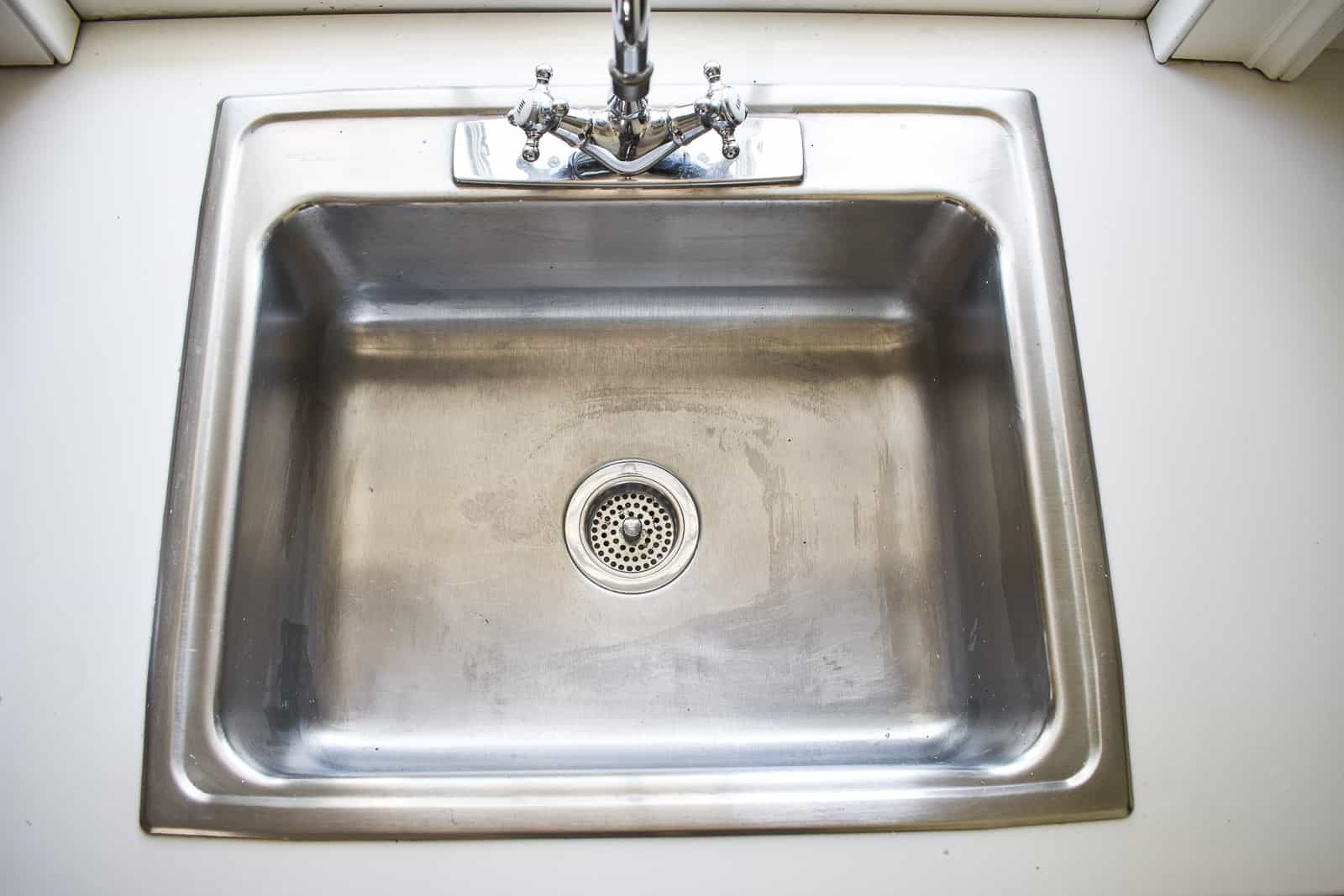
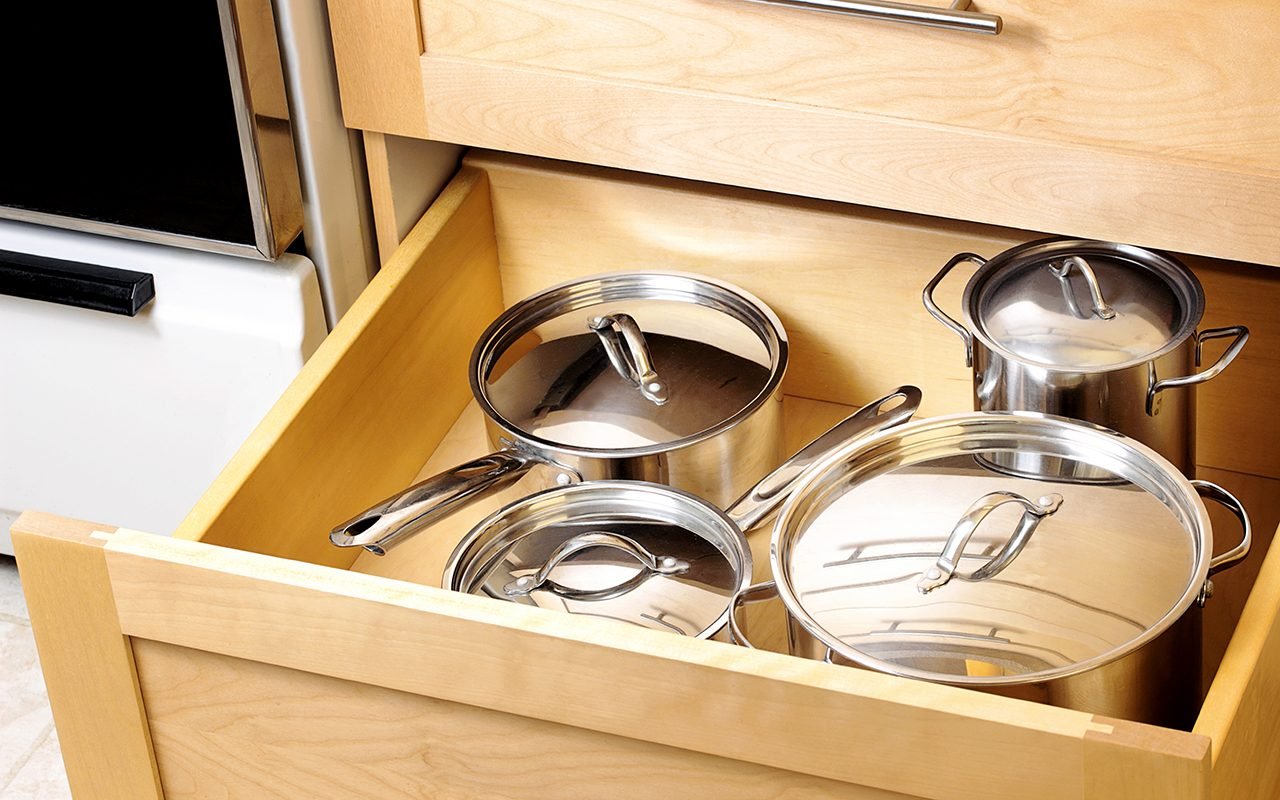
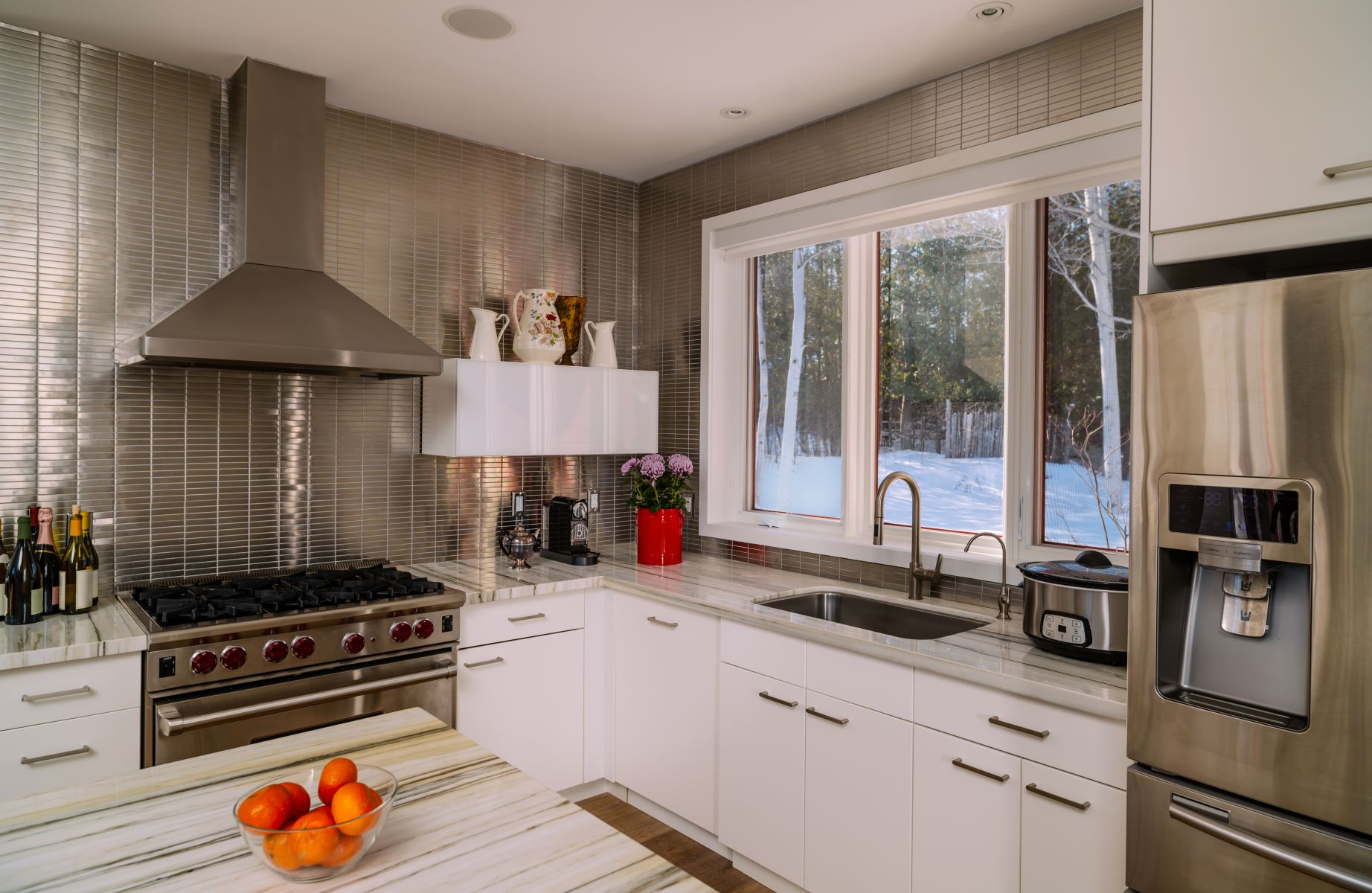
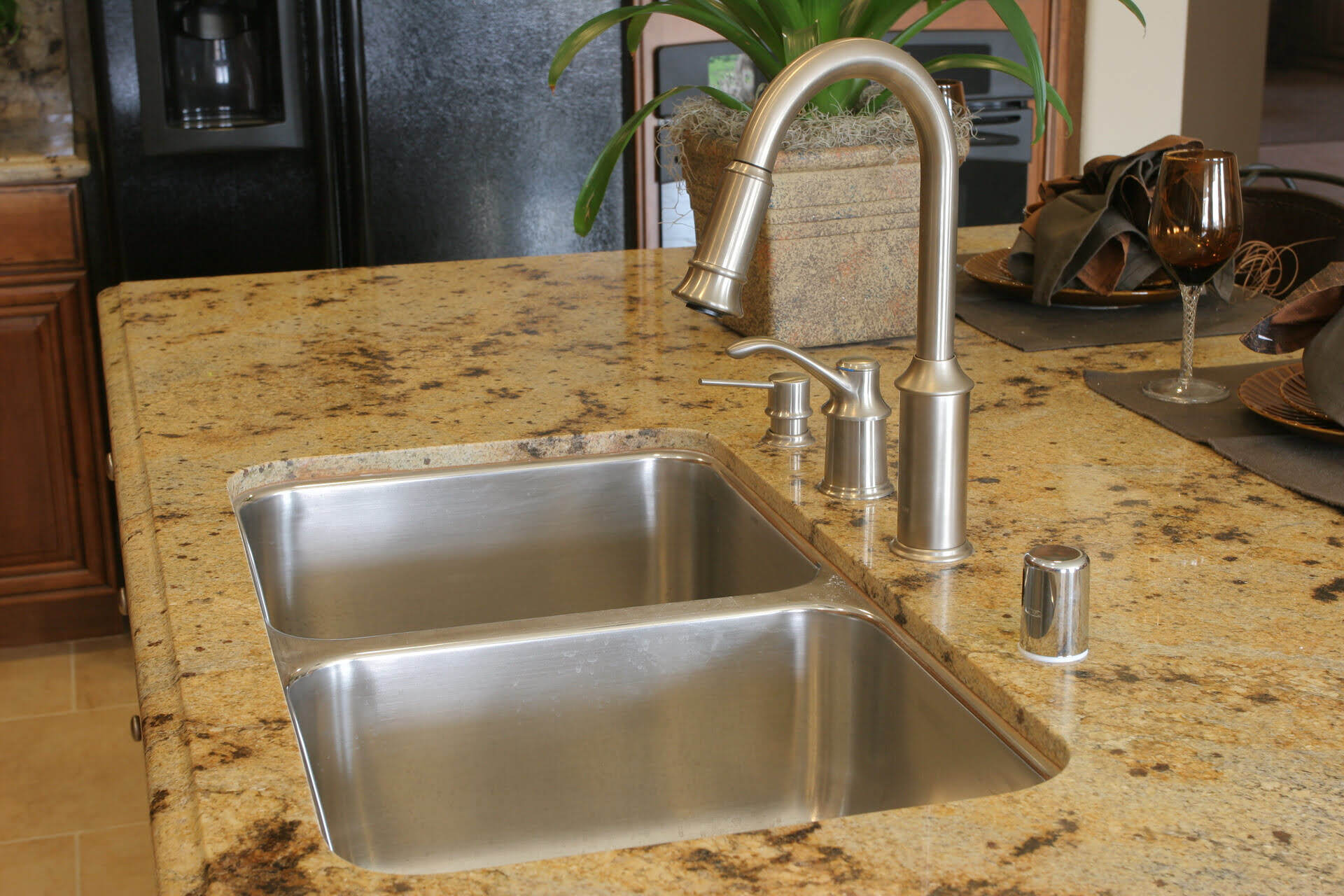
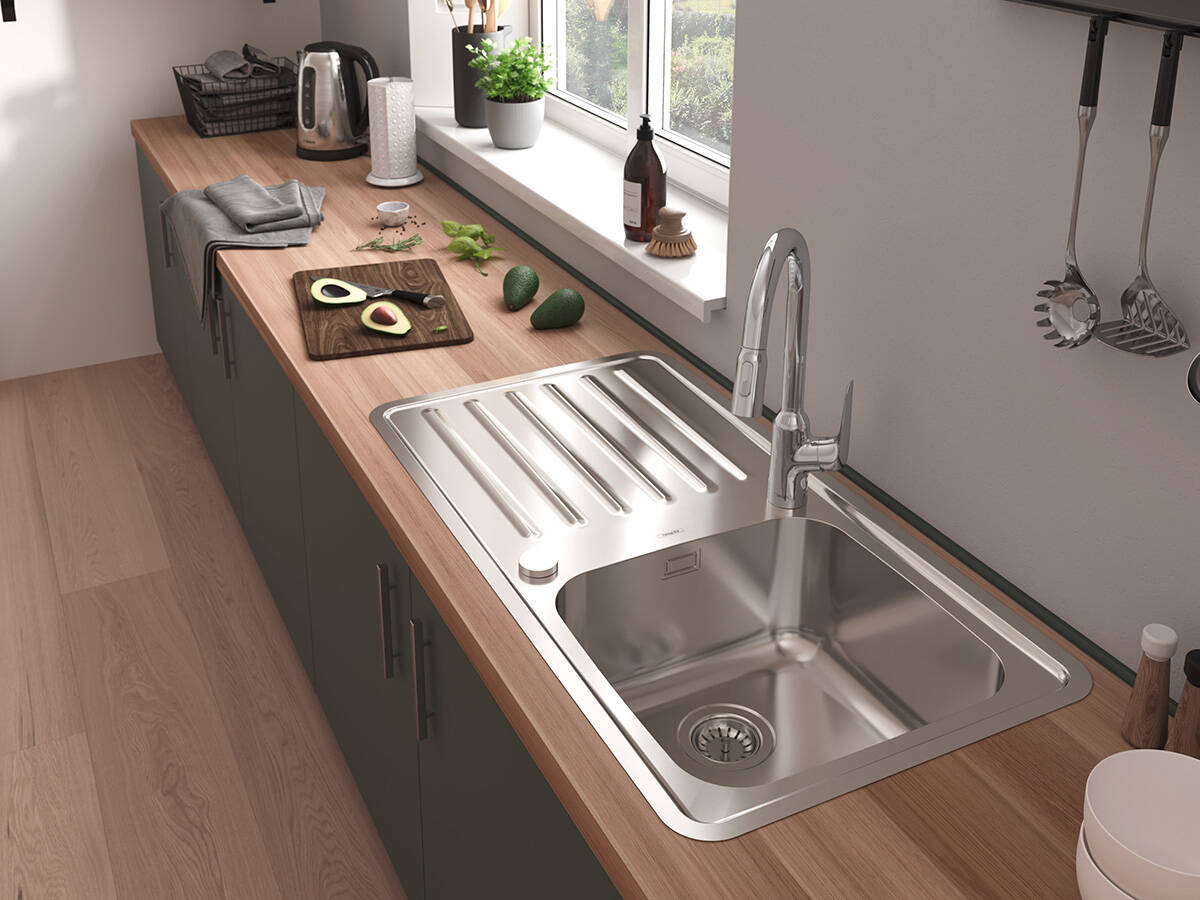
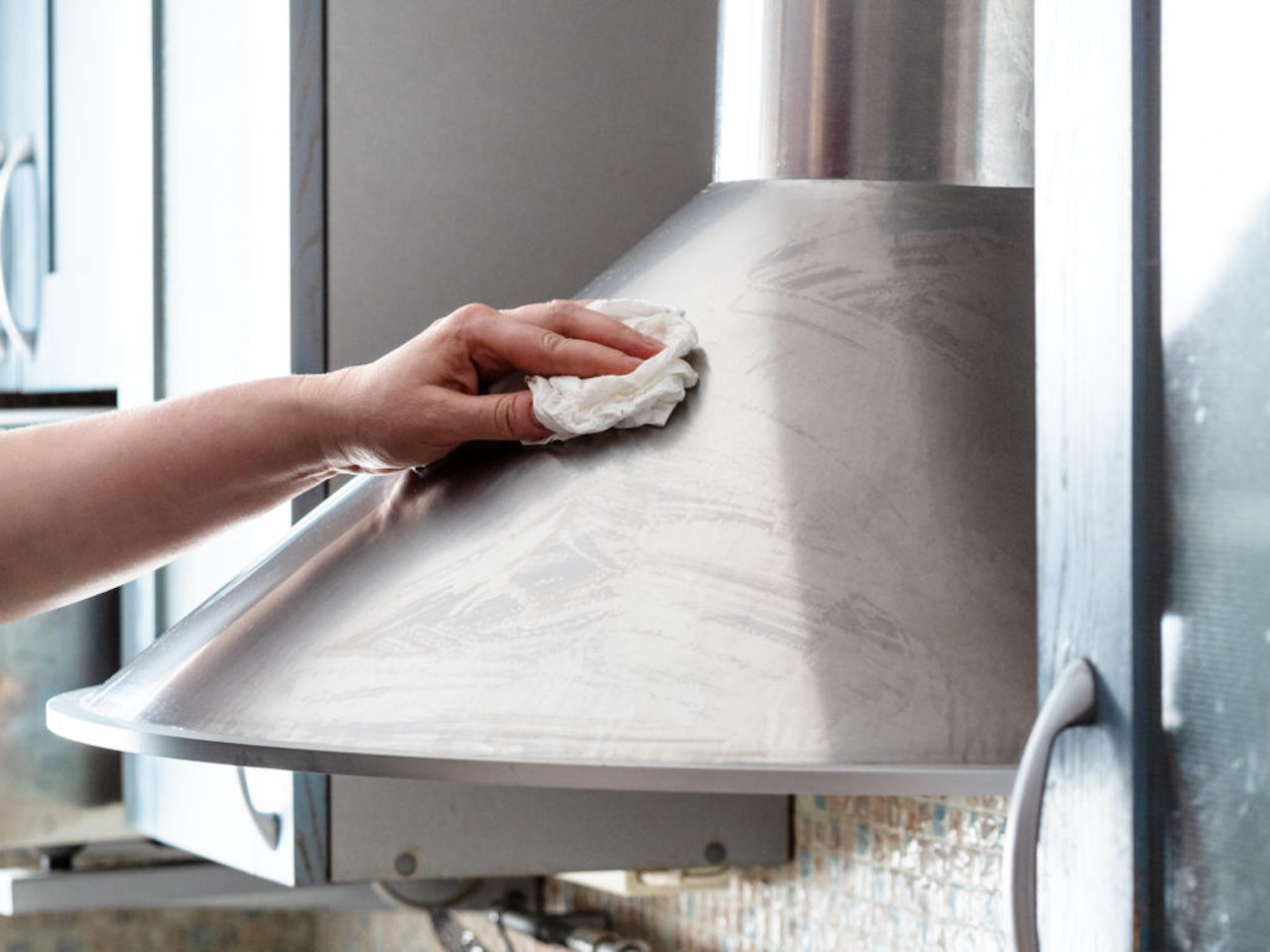
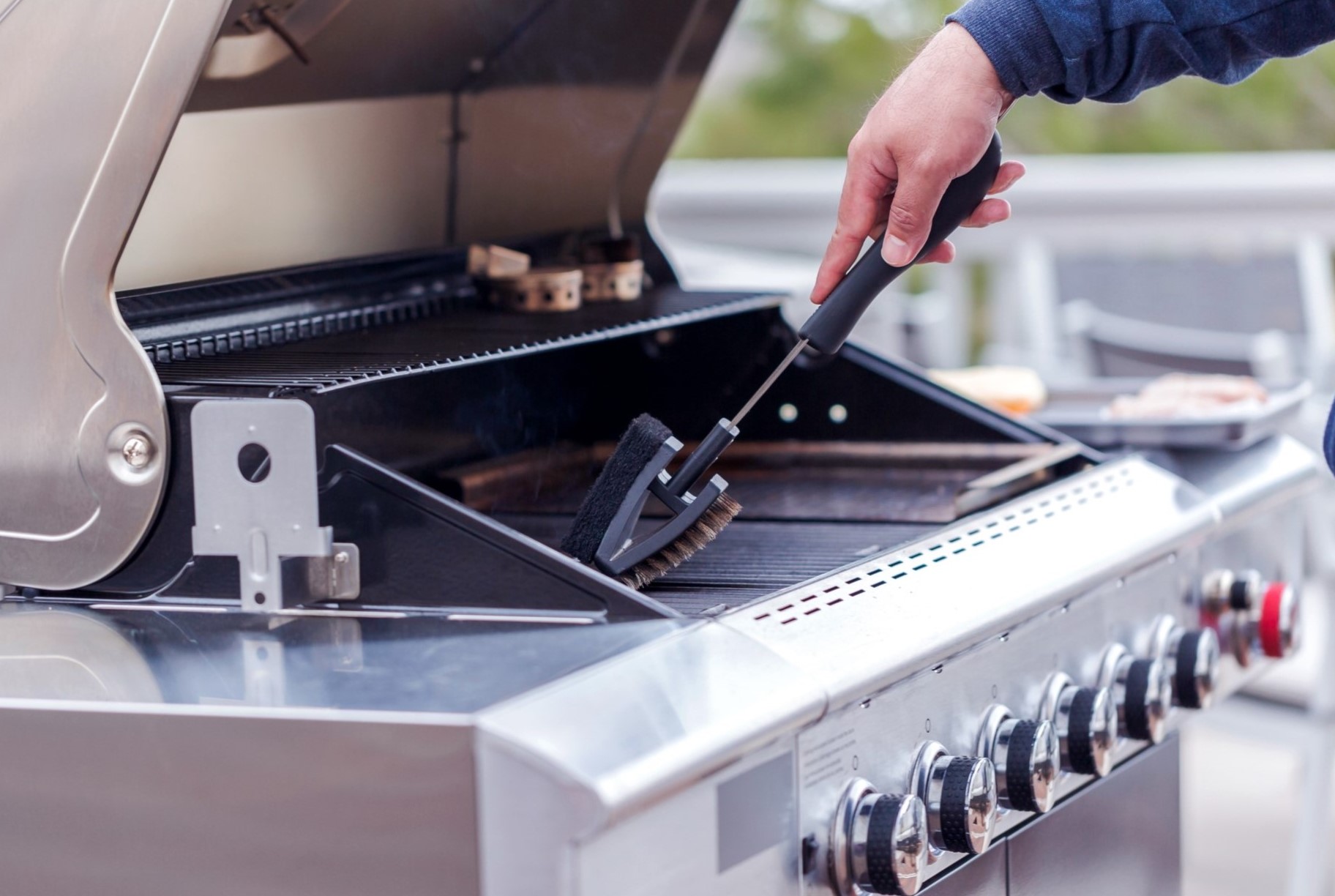
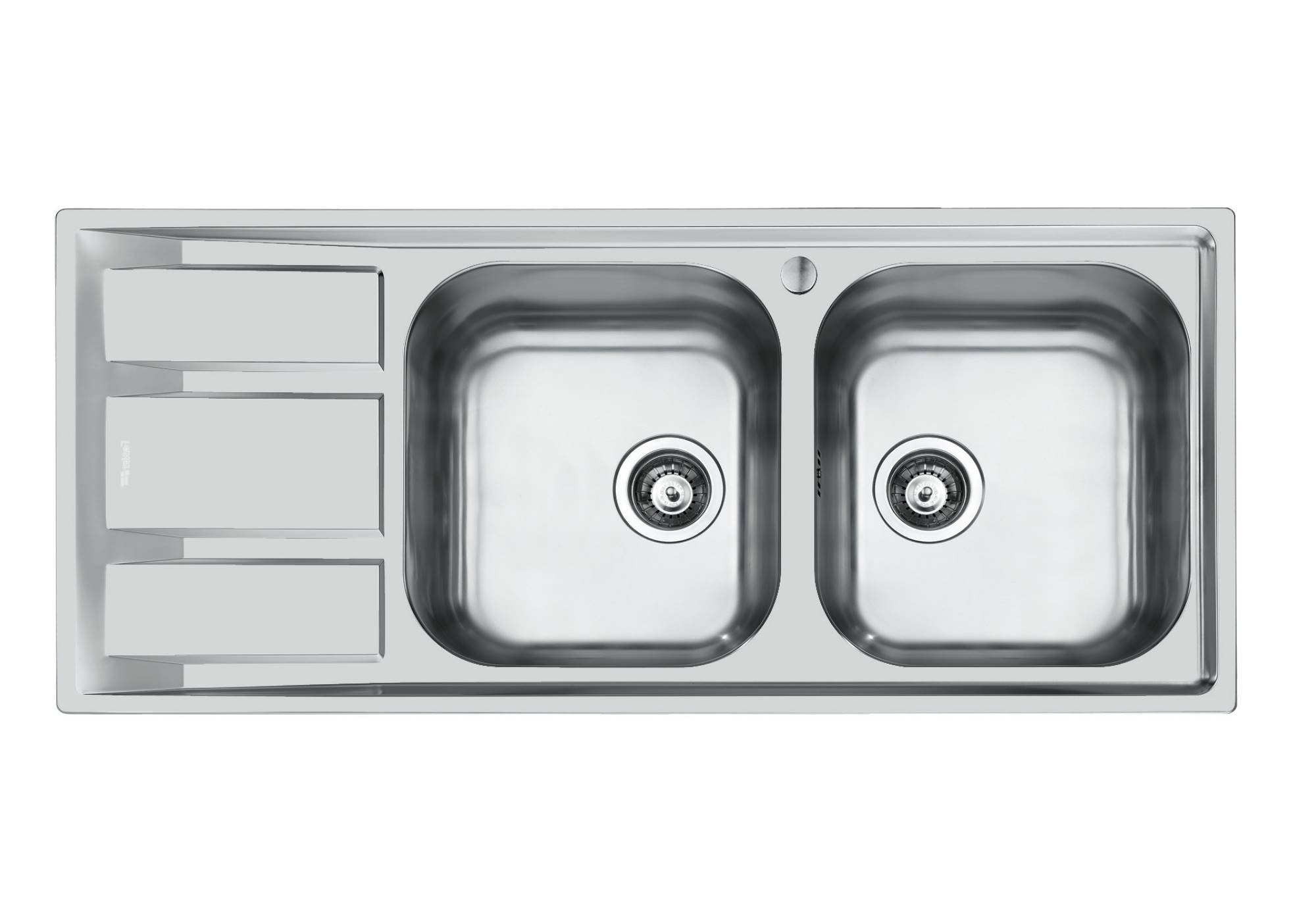
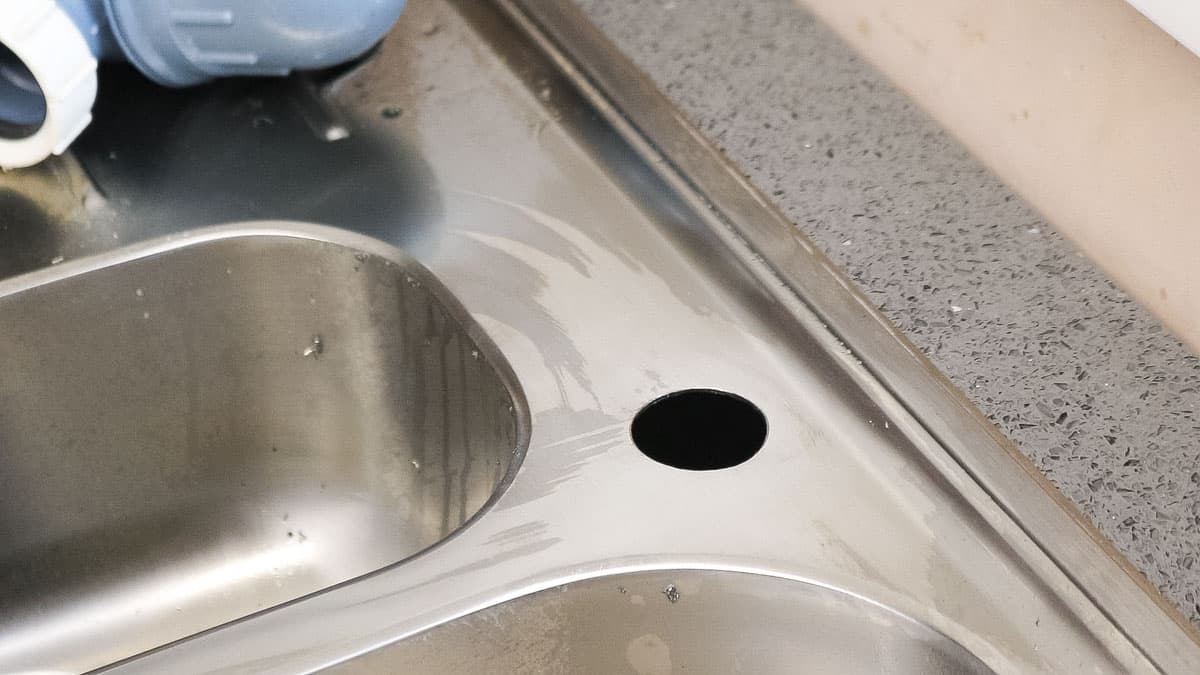
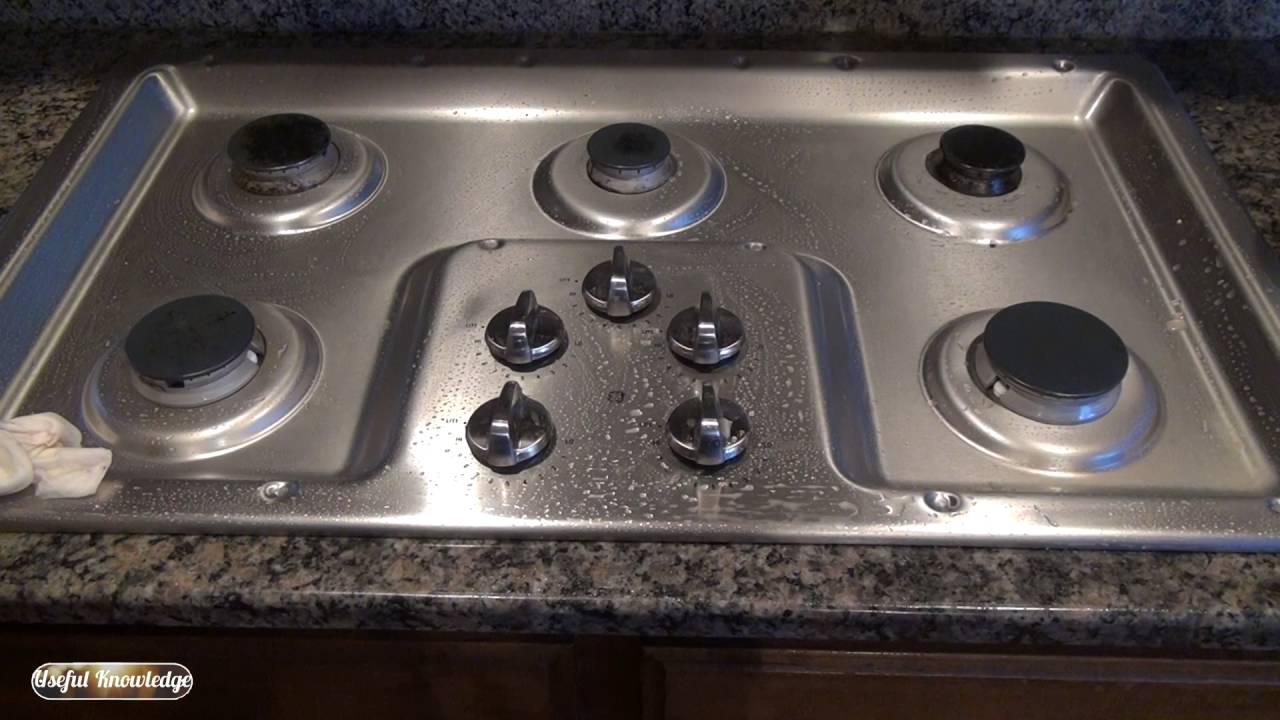
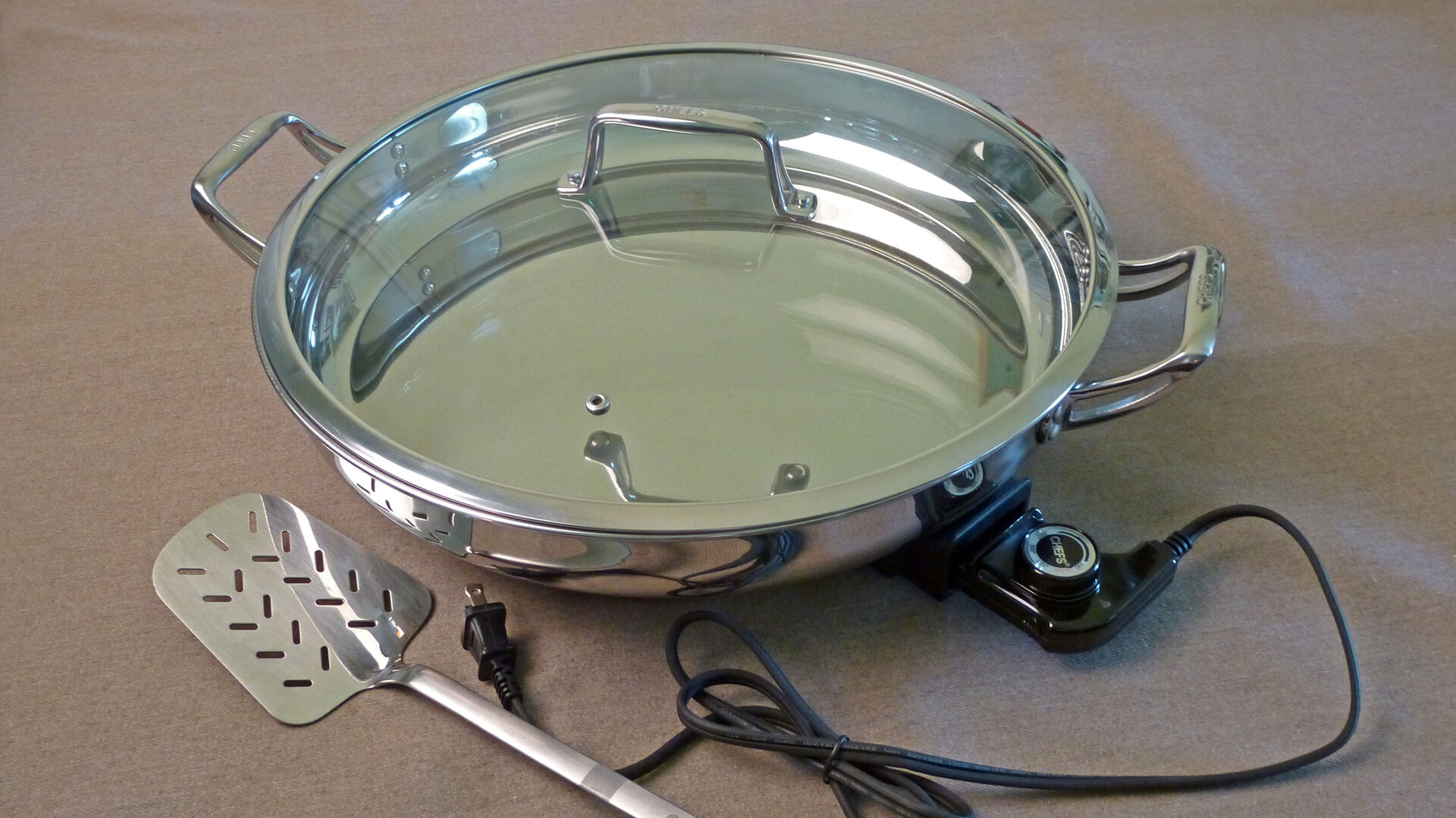
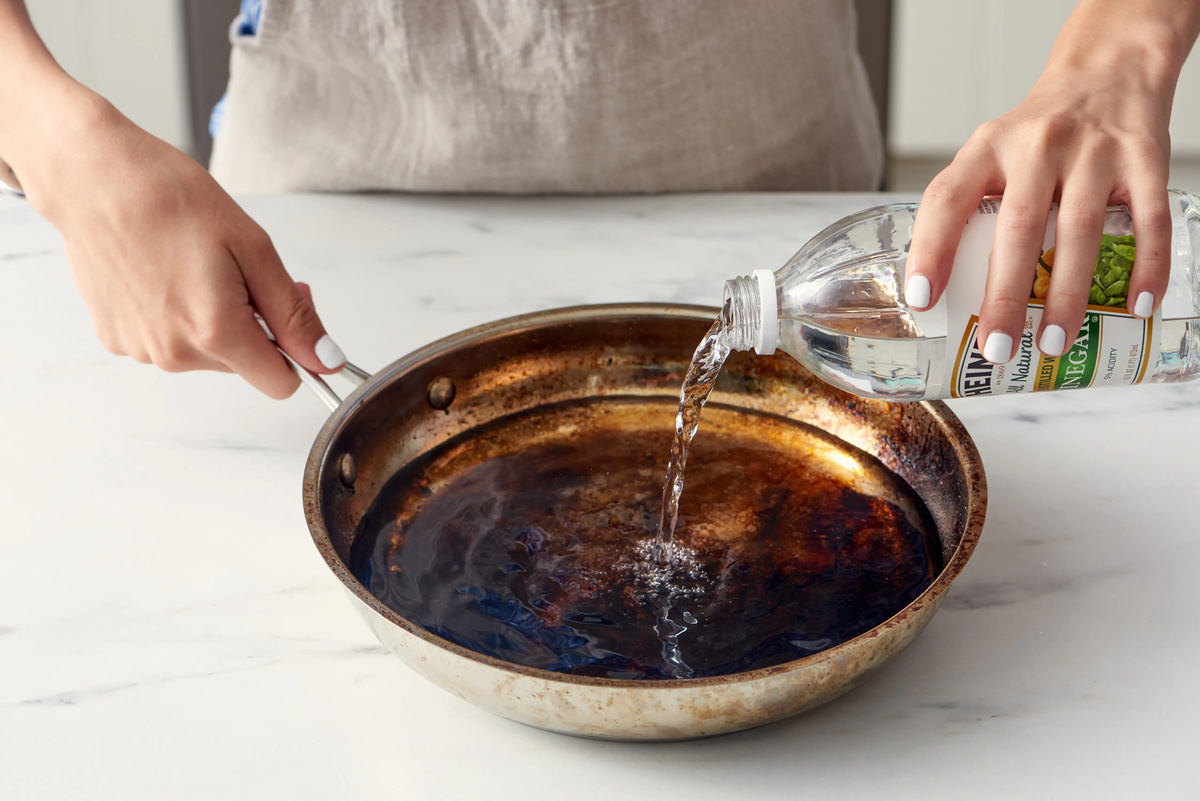
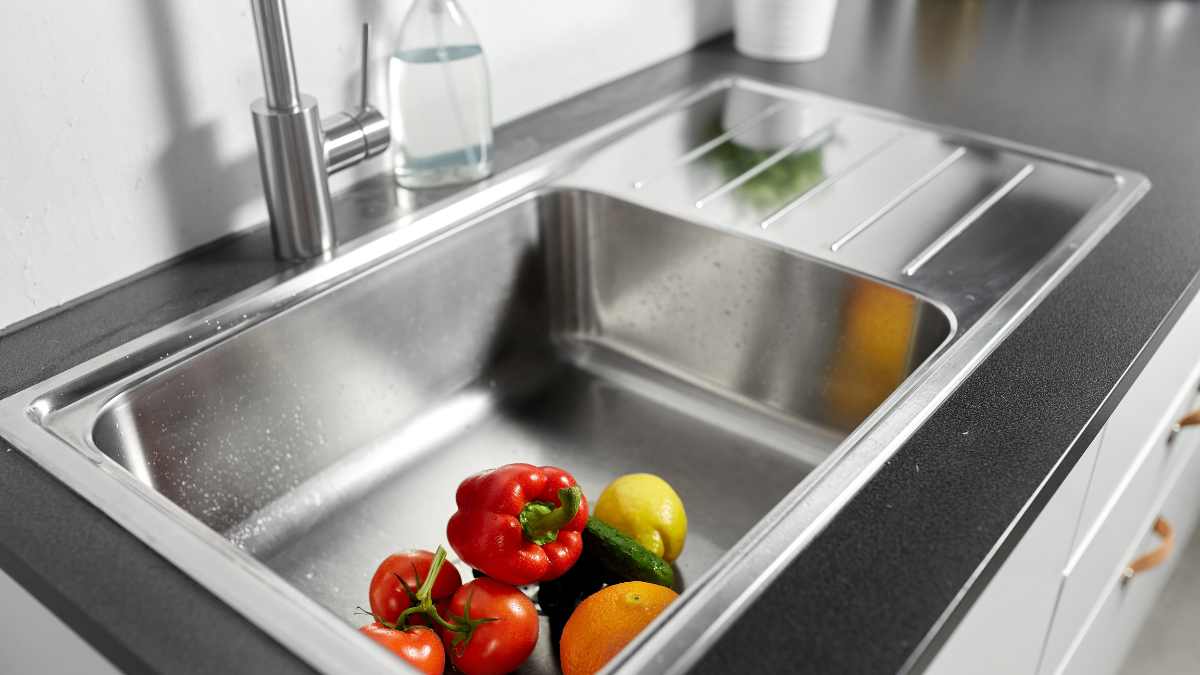
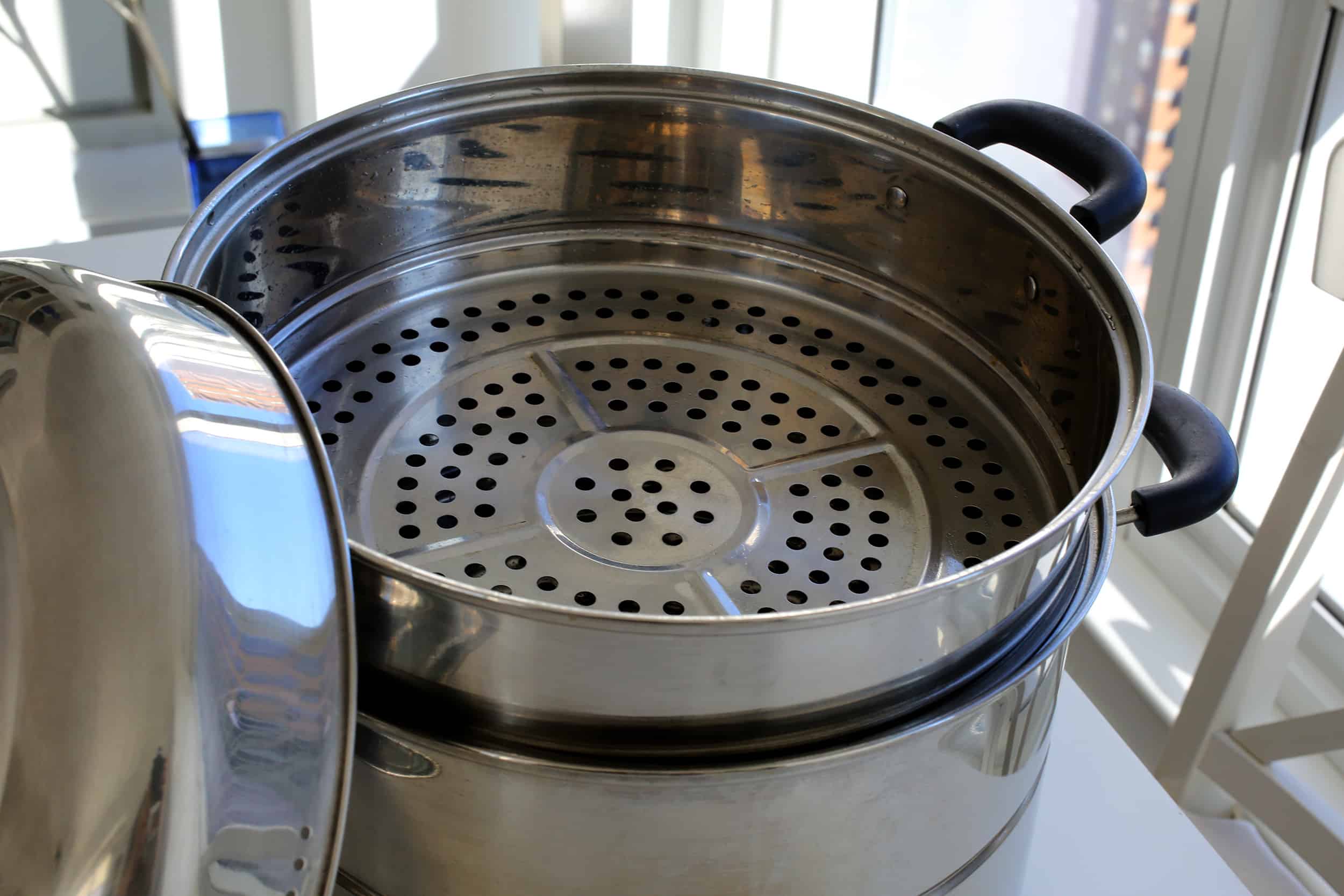

0 thoughts on “How Much Are Stainless Steel Countertops”